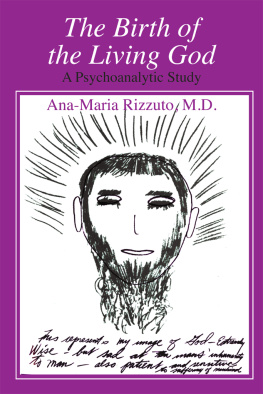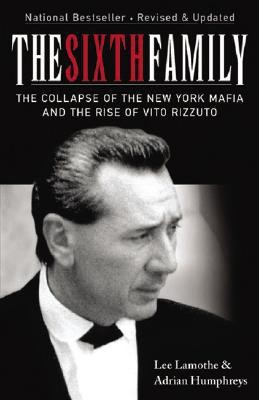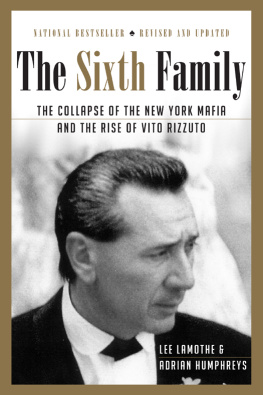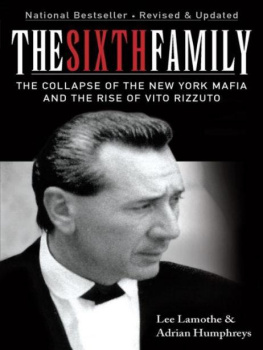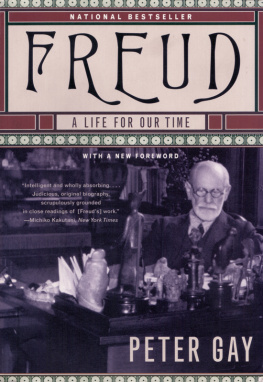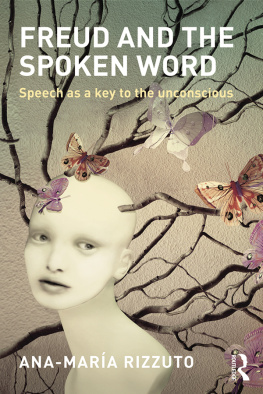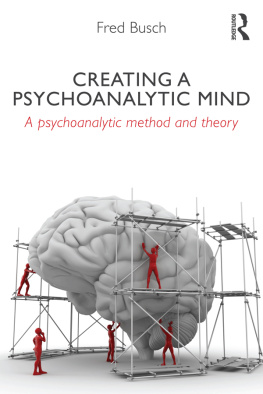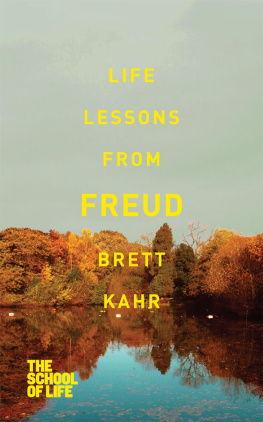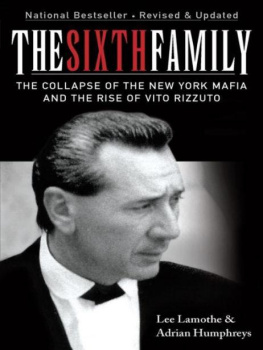Ana-Marie Rizzuto - Birth of the Living God: A Psychoanalytic Study
Here you can read online Ana-Marie Rizzuto - Birth of the Living God: A Psychoanalytic Study full text of the book (entire story) in english for free. Download pdf and epub, get meaning, cover and reviews about this ebook. City: Chicago, year: 1981, publisher: University of Chicago Press, genre: Science. Description of the work, (preface) as well as reviews are available. Best literature library LitArk.com created for fans of good reading and offers a wide selection of genres:
Romance novel
Science fiction
Adventure
Detective
Science
History
Home and family
Prose
Art
Politics
Computer
Non-fiction
Religion
Business
Children
Humor
Choose a favorite category and find really read worthwhile books. Enjoy immersion in the world of imagination, feel the emotions of the characters or learn something new for yourself, make an fascinating discovery.
- Book:Birth of the Living God: A Psychoanalytic Study
- Author:
- Publisher:University of Chicago Press
- Genre:
- Year:1981
- City:Chicago
- Rating:4 / 5
- Favourites:Add to favourites
- Your mark:
Birth of the Living God: A Psychoanalytic Study: summary, description and annotation
We offer to read an annotation, description, summary or preface (depends on what the author of the book "Birth of the Living God: A Psychoanalytic Study" wrote himself). If you haven't found the necessary information about the book — write in the comments, we will try to find it.
Utilizing both clinical material based on the life histories of twenty patients and theoretical insights from the works of Freud, Erikson, Fairbairn, and Winnicott, Ana-Maria Rizzuto examines the origin, development, and use of our God images. Whereas Freud postulated that belief in God is based on a childs idea of his father, Rizzuto argues that the God representation draws from a variety of sources and is a major element in the fabric of ones view of self, others, and the world.
Ana-Marie Rizzuto: author's other books
Who wrote Birth of the Living God: A Psychoanalytic Study? Find out the surname, the name of the author of the book and a list of all author's works by series.

